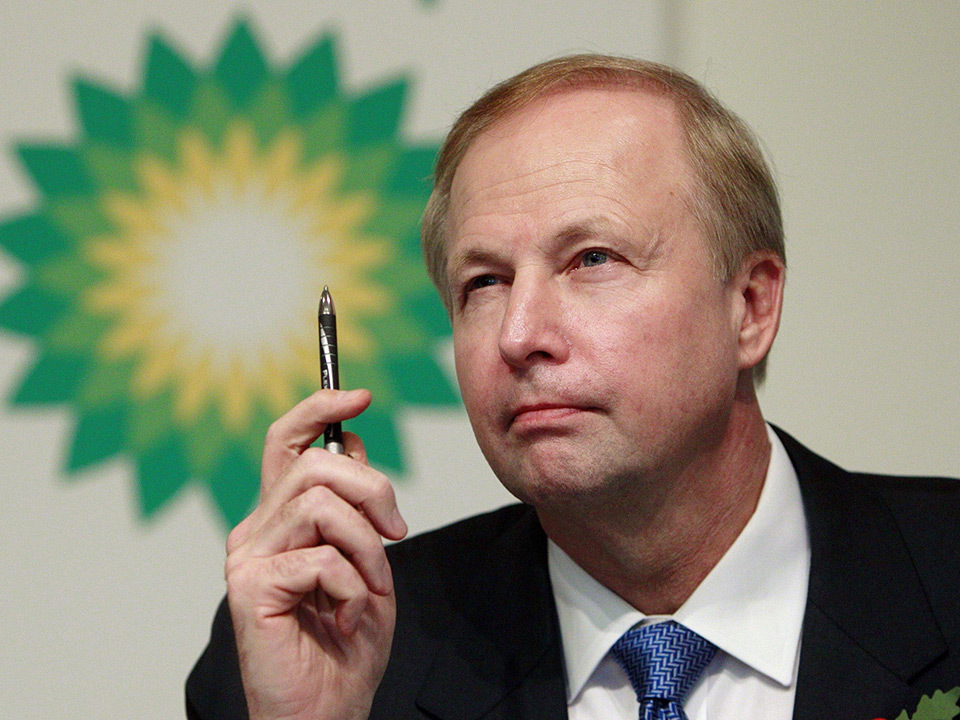
BP’s outgoing CEO Bob Dudley gave a defence of natural gas as one part of the world’s future energy mix, at a conference in London.
“There is no single answer. How we decarbonise heat in London has a very different answer than it does in Boston or Beijing,” he said, at the Oil & Money event. “All look for the cheapest and most efficient solution. To exclude gas when so much is at stake is to take a huge and unnecessary risk.”
Dudley went on to sing the praises of gas, alongside hydrogen, as playing a critical balancing role in a shift away from coal, and to renewables.
For gas to play a part in the proposed “net zero” target, it would have to be decarbonised. “And guess what, it can be decarbonised.” The biggest obstacle to achieving decarbonised gas is “not technical, it’s political”. Efforts to restrict the use of gas, such as in the US in some states such as New York or the UK’s ban on gas in new houses after 2025, “may be well intentioned but they are misguided. They rest on a false equivalence between gas and coal.”
Such a move, of ruling out gas from future consumption, poses worrying risks to transition plans. “It’s an attempt to achieve the energy transition with one hand tied behind our backs.”
He went on to express his opinion that climate change was not driven by northern Europe or the US, with coal-fired power plants continuing to open in the developing economies. “There’s two sides of the energy challenge. There’s reducing emissions and also increasing energy for more people.”
Technology will play a role in providing carbon neutral gas, such as biogas or synthetic gases, although these are currently only produced on a trial basis.
“Gas, more broadly, can play its part through carbon capture and storage [CCS] and hydrogen. These are no longer niche products,” he said. Hydrogen is plentiful and can be safely stored, with infrastructure needing only small amounts of work needed to convert from carrying methane.
The executive gave the example of plans in the Humber, which is aiming to achieve zero carbon emissions by 2040, through hydrogen and CCS work. The UK has a legally binding target of reaching zero carbon emissions by 2050, although the opposition party has said it intends to reach zero emissions by 2030.
One way in which to make gas more attractive as a fuel is to reduce leaking and flaring. BP announced a programme for continuous measuring of gas in new projects in early September. This will allow the company to spot leaks faster and therefore take action quicker.
Recommended for you

